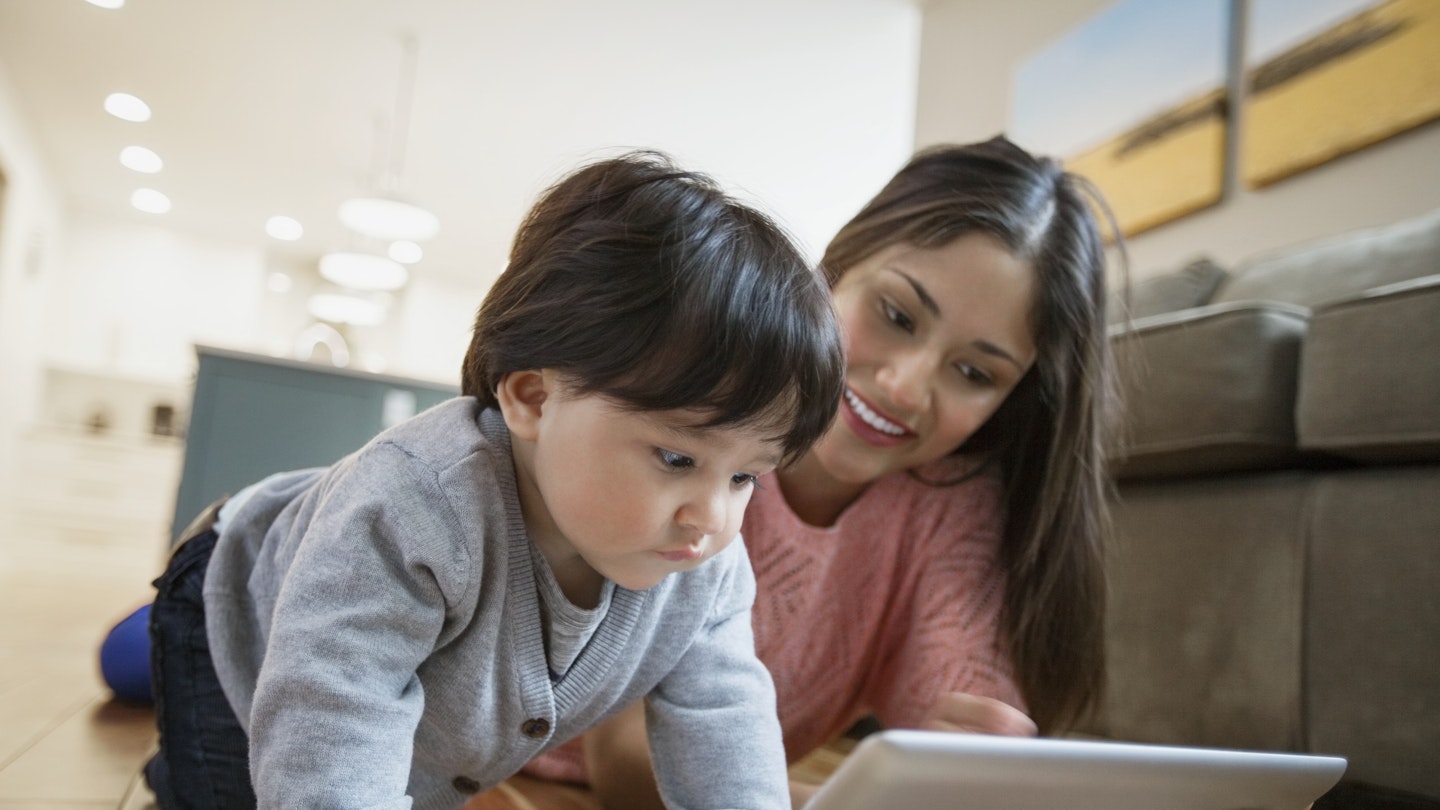It’s normal to feel anxious about leaving your baby for the first night ever, but there are way to make it easier (for both of you)
You’ve been looking forward to your first post-baby mini break for weeks. An undisturbed glass of wine. Grown-up conversation. A full night’s sleep. But suddenly you’re getting a bad case of pre-trip wobbles (and you thought separation anxiety only happened to babies!). Don't stress: try these fresh ideas to help you stay calm – and keep your baby happy.
Do some pre-trip research
Whether it’s your mum, a friend or babysitter, if you’re leaving your baby in the hands of someone else for the first time, knowing that she’s in an environment that she knows and recognises will also help to keep your mind at ease. ‘To make sure you go away with a completely clear mind, speak to previous clients or family members, who have used this nanny or mother-in-law before,’ says Nicole Wall, who runs maternity and night nanny company sleepingbabies.co.uk. ‘Once you hear how well it went, you will feel so much more relaxed and confident.’
"Knowing that she’s in an environment that she knows and recognises will also help to keep your mind at ease"
Write down your routine
Make sure your care provider knows how you like to run your routine – if it’s bath, feed, story etc, then even if it’s not mum that’s putting your baby to bed, she’ll still recognise the sleep cues. ‘Always make sure whoever is looking after your baby has had time with you and your little one beforehand so he or she can see how you do things,’ says Nicole. ‘For example, how she likes to be winded, or the position she feeds and sleeps in. All these things will help you and your baby to feel relaxed and a lot less stressed.’
Leave a mum-ento
Sleep with a muslin or leave one of your t-shirts at home as it will have your unique scent that your baby will recognise. Then whoever’s looking after your baby can let her nuzzle it if she’s feeling upset. ‘This is a classic solution that has been used for centuries and a great one that works,’ says Nicole. ‘It lets her feel that her mummy is around and helps her sleep well.’
Allow yourself to feel anxious
Separation anxiety is the other side of the parenting coin; a healthy bond with your child means a certain degree of discomfort when she’s not there. The goal isn’t to get rid of worry or doubt – in fact, nerves are part of our parenting instinct and they help us make good decisions.
"Sleep with a muslin as it will have your unique scent that your baby will recognise"
‘Remember, you will feel much more stressed than your baby and this is normal,’ says Nicole. ‘As long as your baby is fed kept clean and warm and loved she will be absolutely fine.’
And relax…
It can be tempting to bombard the babysitter with texts and calls every 20 minutes to find out what’s going on at home, but it’s worth limiting yourself to one call or text per evening. ‘With so many good phone apps available these days, give yourself the luxury of five minutes a day of face time or Skype so you can see your little one is happy and fine and then go enjoy a nice glass of wine,’ says Nicole.
How did you cope on your first night away from your baby? Let us know in the comment box below.
